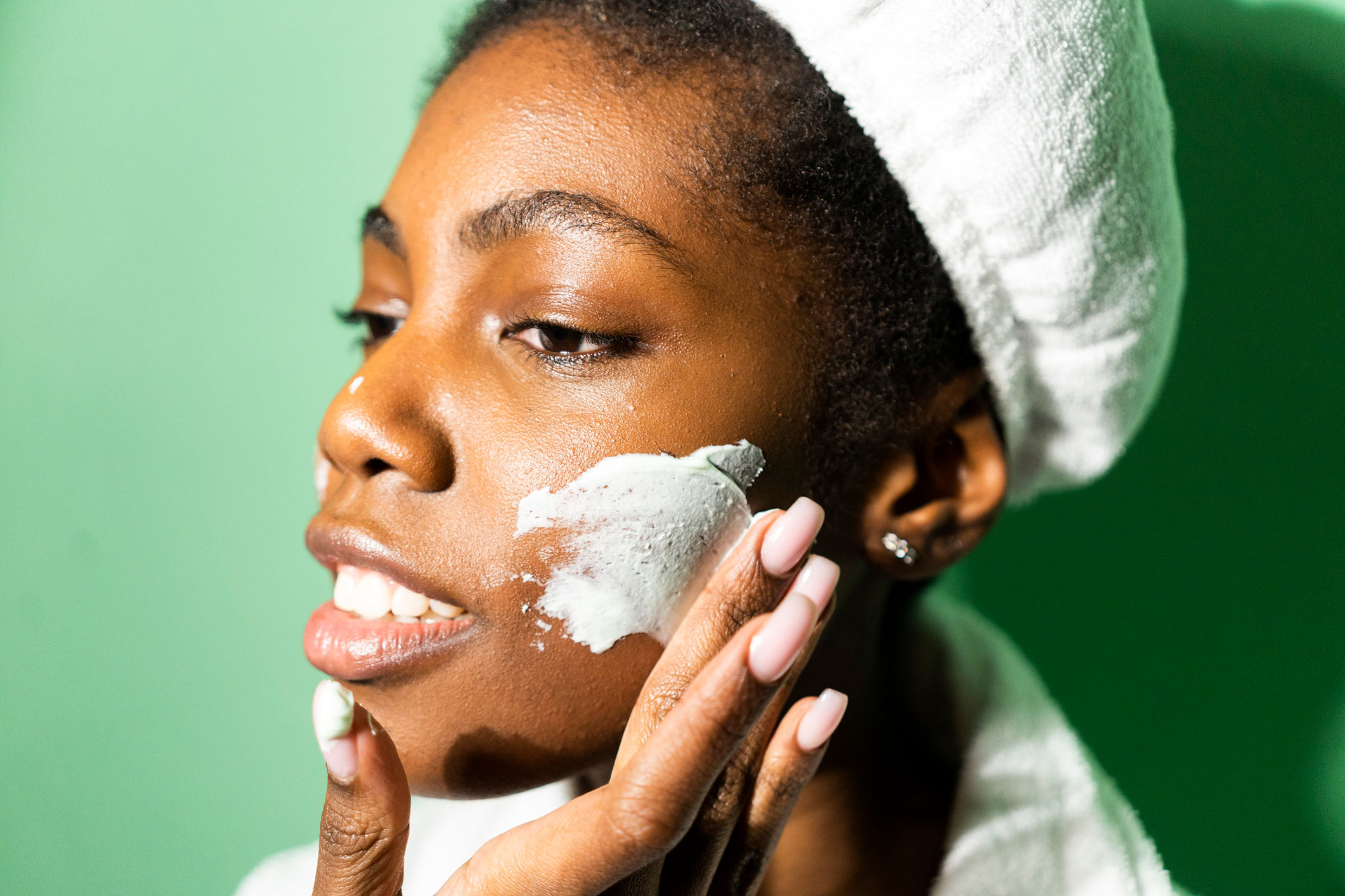If you’re on top of your skincare game, you might recognize that vitamin C and collagen are common ingredients found in a wide range of products, from cleansers and serums to moisturizers and under-eye creams. Though they have their unique benefits when used alone, they complement each other when paired in the same routine.
Vitamin C is an antioxidant whose main purpose is to help protect your skin from damaging free radicals lurking in the environment that can contribute to a host of skin issues, including hyperpigmentation and premature aging. “Vitamin C helps to offset the effects of oxidative stress from environmental stressors such as pollution and UV exposure to prevent the breakdown of healthy cells that can become unstable,” says celebrity esthetician Shani Darden.

Vitamin C stimulates more collagen production and keeps existing collagen healthy, so your skin can have a more plump, healthy appearance.
Another significant role that vitamin C plays in protecting the skin is by preventing the breakdown of collagen, which can lead to looser, more wrinkled skin. Collagen is the major structural protein found in the skin and bones that give it strength and firmness. Unfortunately, adults lose collagen as they age, with a decrease of about 75 percent for the 80+ crowd, per a study published in The American Journal of Pathology. When this happens, our skin shows increased signs of aging, laxity, sagging, and thinning, notes Dr. Murphy-Rose, MD, FAAD, a board-certified dermatologist .
Vitamin C plays an essential role in connective tissue healing, notes Enrizza Factor, M.D, a dermatologist at EPF Dermatology in the Philippines. She explains that collagen is a co-factor for prolyl hydroxylase and lysyl hydroxylase, enzymes that promote the proper folding of the stable collagen conformation. Vitamin C acts as a precursor to collagen production. “It helps trigger the formation of fibroblasts, which then produce more collagen,” says Melissa Wilson, a licensed esthetician and Woodhouse Spa’s director of education. To put it simply, vitamin C stimulates more collagen production and keeps existing collagen healthy, so your skin can have a more plump, healthy appearance.

Using these two powerhouse ingredients together will likely boost your efforts to have glowing, healthy skin. Still, many experts believe that even though collagen is included in skincare products, the jury is out when it comes to its efficiency as a topical since the molecules are too large. Topical collagen does not increase our skin collagen levels the way it’s purported to because collagen cannot penetrate through the skin, says Dr. Murphy-Rose.
The best way to get the most bang for your buck when using collagen is to consume it, according to Dr. Murphy-Rose. “Collagen peptides are fragments of collagen protein made up of amino acids, the building blocks of all proteins, so when we consume a dietary supplement of collagen peptides, we likely increase the available supply of building blocks in our bodies to make collagen. However, it is not well known how effectively or efficiently those building blocks will be translated to building collagen protein in our skin,” she says.
Vitamin C, however, does work for your skin when applied topically. For example, Sunday Riley C.E.O. Afterglow Brightening Vitamin C Gel Cream penetrates your skin’s layers with powerful THD ascorbate to achieve that covetable glow.
Regardless of your skincare goals, it never hurts to pack your diet with collagen- and vitamin-rich foods that fortify your skin from the inside out.
We only recommend products we have independently researched, tested, and loved. If you purchase a product found through our links, Sunday Edit may earn an affiliate commission.








